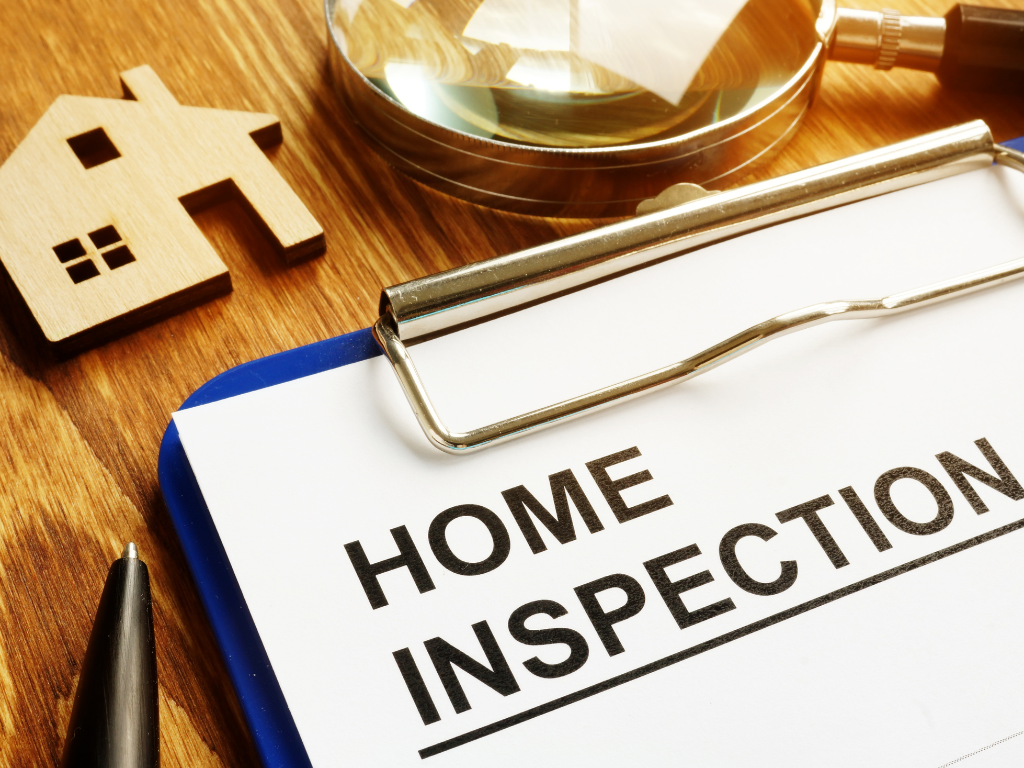🌼 Get Spring-Ready: The March Home Maintenance Tune-Up
/Buying a home isn’t just about finding a place you love — it’s about having the knowledge to make the best decision. March is the perfect month to sharpen your buyer skills.
Buyer Skills
Understanding interest rates
→ Why it matters: Rates change your budget more than the home price.Reading a property disclosure
→ Why it matters: Protects you from costly surprises.Learning how to compare neighborhoods
→ Why it matters: Long-term value depends on location.Knowing what repairs are negotiable
→ Why it matters: Saves thousands during inspections.Reading a CMA (Comparable Market Analysis)
→ Why it matters: Helps you avoid overpaying in competitive markets.
Want to schedule a Buyer Consultation? Comment BUYER!
March is the quiet power month of real estate. The weather starts to shift, buyers start browsing again, and the homes that hit the market in April and May? They’re usually the ones whose owners used March wisely.
If you’re thinking about selling this spring, this is your head start. And if you’re buying, this is when smart prep gives you an edge before competition heats up.
🌷 What Sellers Should Be Doing in March
1) Declutter like you’re moving (because you are)
Pack away 30–40% of what’s in closets, cabinets, and shelves. Your goal is space, not storage.
2) Handle the small repairs now
Dripping faucet, loose handle, scuffed trim, sticky door. Tiny issues signal “deferred maintenance” to buyers.
3) Start curb appeal early
Rake beds, edge borders, add fresh mulch, and plant a few cold-tolerant flowers. First impressions start at the sidewalk.
4) Deep clean the forgotten spots
Baseboards, vents, windows, grout, and under sinks. Clean homes feel cared for.
5) Neutralize & brighten
Swap heavy décor for light, simple touches. Open curtains. Add lamps. Think airy and calm.
6) Walk your home like a buyer
What would catch your eye if you were seeing it for the first time? That’s your to-do list.
🏡 What Buyers Should Be Doing in March
1) Meet with a lender now
Know your numbers before you fall in love with a house.
2) Make your must-have / nice-to-have list
Clarity prevents rushed decisions in multiple-offer moments.
3) Drive neighborhoods at different times
Get a feel for traffic, noise, and the vibe after work hours.
4) Be ready for April listings
The best homes go fast once the spring wave hits. Preparation = confidence.
The Big Idea
Spring rewards the prepared. Sellers who use March to get ahead often sell faster and for more. Buyers who use March to get organized compete with less stress and better outcomes.
If spring is on your radar, March is where the real work (and advantage) begins.



















































